Welcome to the Fishing Vocabulary List page! Here, you can expect to find a comprehensive list of terms related to fishing. This page offers various resources such as games and flashcards to help you learn and expand your knowledge of fishing terminology. Whether you’re a beginner or an experienced angler, this page is designed to enhance your understanding of the vocabulary associated with this popular recreational activity.
Fishing is a popular outdoor recreational activity that involves catching fish in various bodies of water using different techniques such as angling, netting, trapping, and spearing. It is not only a relaxing and enjoyable pastime but also a source of food for many people around the world. Whether fishing in freshwater lakes, rivers, or saltwater oceans, anglers must abide by local regulations and conservation efforts to ensure the sustainability of fish populations. With the right equipment, skills, and knowledge of the best fishing spots, anglers can have a successful and rewarding fishing experience.
Practice & Reinforce Your Learning
Fishing Vocabulary List
Freshwater fishing
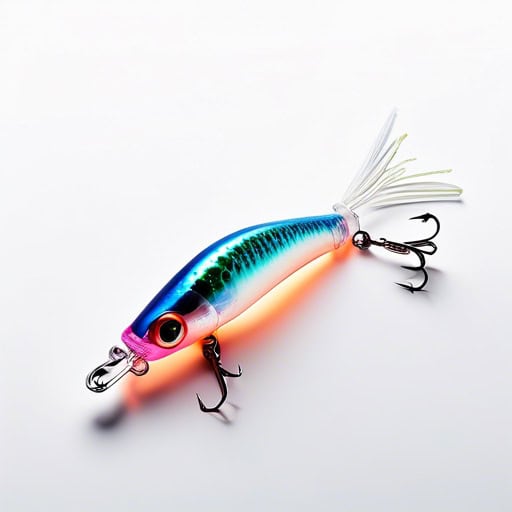
- The fisherman used a shiny lure to attract the attention of the fish in the water.
- The lure was carefully crafted to mimic the movements of a wounded minnow, enticing the hungry fish to strike.
- After casting the lure into the deep pool, the fisherman patiently waited for a nibble on his line.
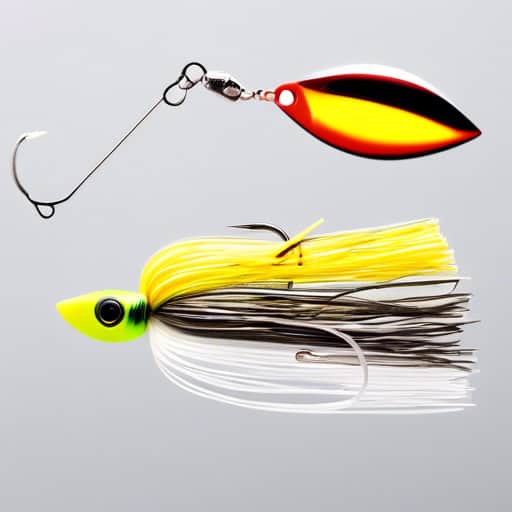
- The angler caught a big bass using a spinnerbait near the lily pads.
- Spinnerbaits are effective for targeting predatory fish in murky water.
- I prefer using a spinnerbait when fishing in shallow areas with heavy vegetation.
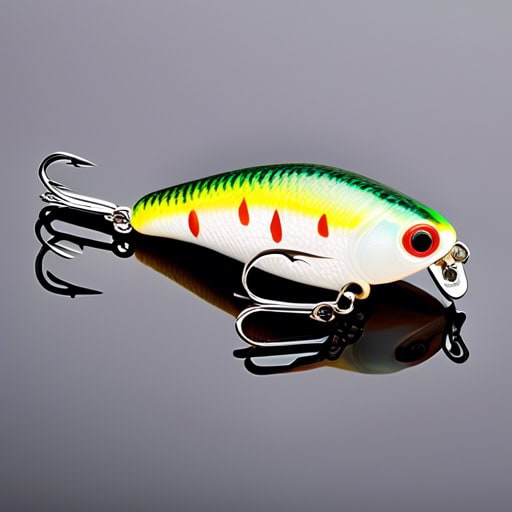
- He caught a large bass using a crankbait that had a realistic swimming action.
- The crankbait's diving lip allowed it to reach deeper waters where the fish were hiding.
- She preferred using a crankbait over other types of lures because of its versatility in attracting various types of fish.
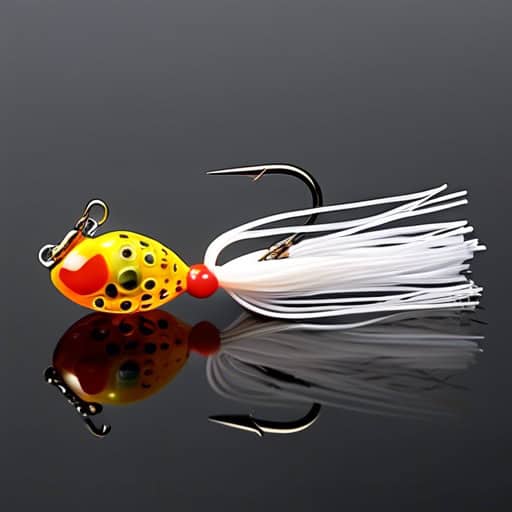
- He tied on a flashy jig to attract the attention of the fish.
- She expertly danced the jig across the water, hoping to entice a bite.
- The angler carefully selected a jig with a natural-looking color pattern to use in the murky water.
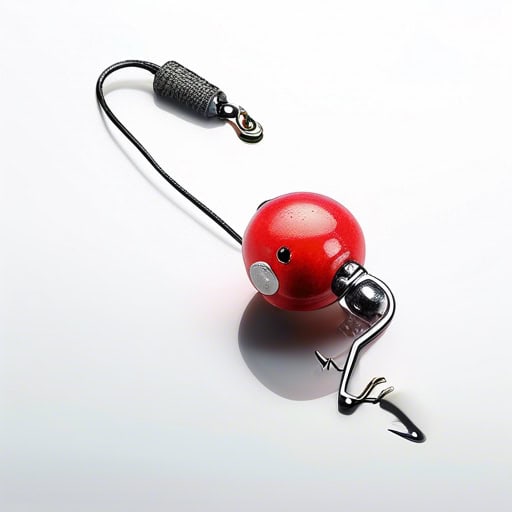
- The bobber on my fishing line suddenly disappeared under the water, indicating that I had caught a fish.
- I like to use a bright red bobber so that I can easily see when a fish is biting.
- The bobber bobbed up and down in the water as the fish tugged on the line.
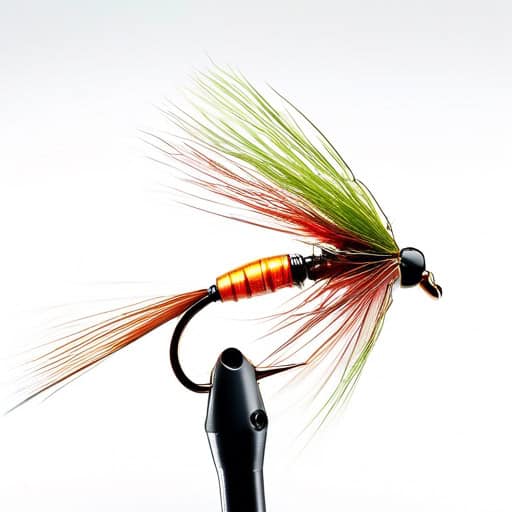
- He spent the weekend perfecting his technique for fly fishing on the river.
- The avid angler always looks forward to the peaceful solitude of fly fishing in the early morning hours.
- She purchased a new set of flies for her upcoming fly fishing trip to the mountain stream.
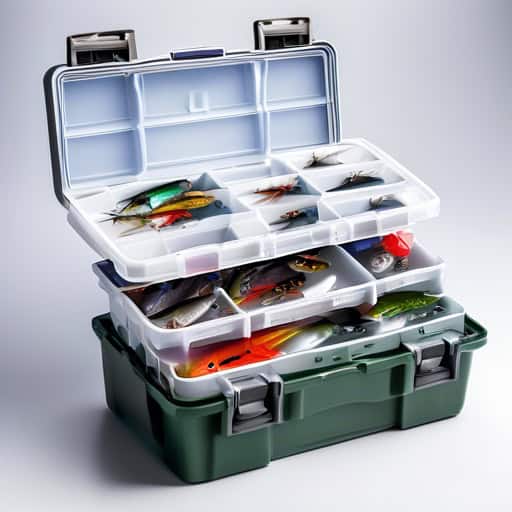
- I always make sure to pack my tackle box before heading out to the lake for a day of fishing.
- My tackle box is filled with all my favorite lures and hooks, making it easy to switch out depending on the type of fish I'm targeting.
- I keep my tackle box neatly organized so I can quickly grab what I need without wasting time searching for the right gear.
Saltwater fishing
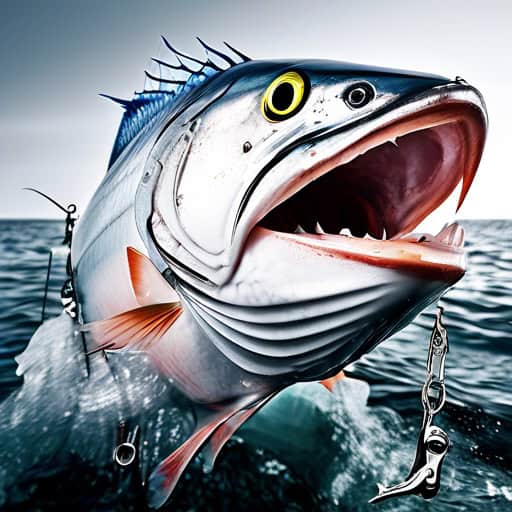
- He spent the day trolling for marlin in the deep waters off the coast.
- The experienced angler knew just the right speed and depth to troll for the biggest fish.
- Trolling can be a successful fishing technique when done correctly and with the right equipment.
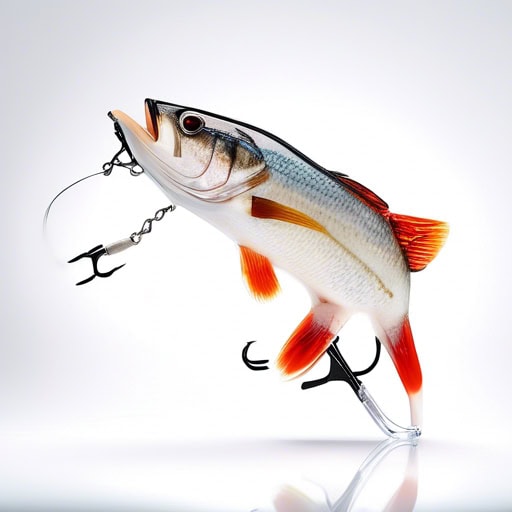
- While out on the boat, the fishermen began chumming the water to attract more fish to their location.
- After chumming for a while, the anglers were excited to see a school of fish swimming near their boat.
- Chumming can be an effective way to lure in larger predatory fish during a saltwater fishing trip.
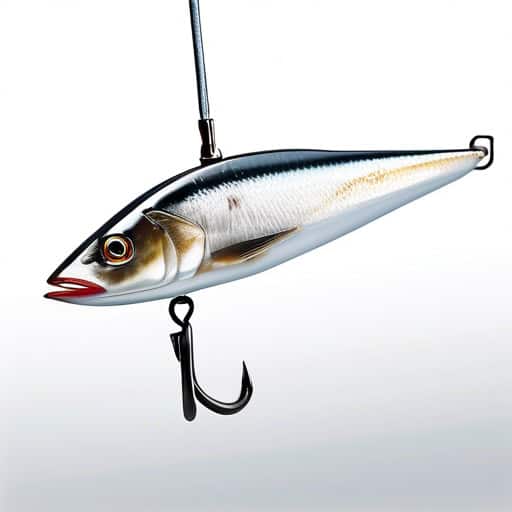
- He used a gaff to effortlessly lift the massive tuna onto the deck of the boat.
- The fishermen carefully secured the shark with a gaff before measuring and releasing it back into the ocean.
- The captain skillfully maneuvered the gaff to hook and lift the heavy swordfish onto the boat.
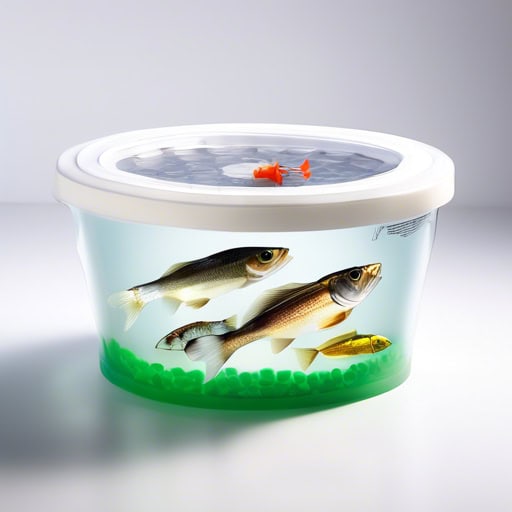
- I always make sure to check the livewell before heading out on a fishing trip to ensure it's functioning properly.
- The livewell was filled with fresh water and the fish were swimming happily inside.
- Properly aerating the livewell is crucial in maintaining the health of the fish caught during a day of fishing.
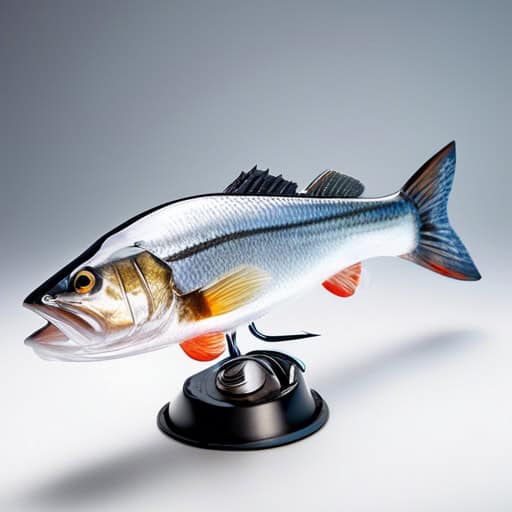
- The saltwater on my skin stung as I emerged from the ocean after a long swim.
- Saltwater fishing is a popular activity for many people who live near the coast.
- The saltwater aquarium at the local zoo is home to a variety of colorful marine life.
Fly fishing
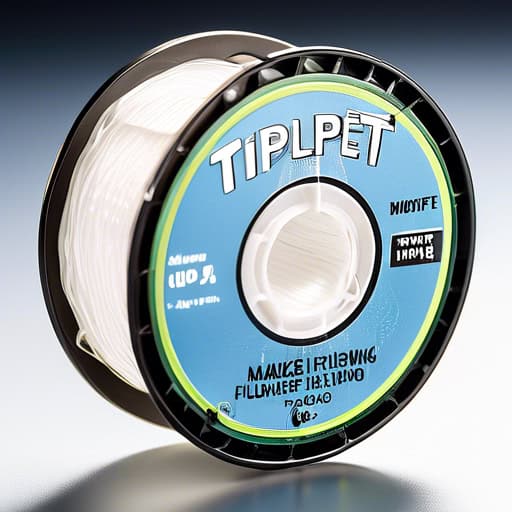
- Her tippet was nearly invisible in the water, allowing for a more natural presentation of the fly.
- The angler carefully tied a new tippet onto the end of his leader before casting again.
- A longer tippet can help prevent spooking wary fish in clear water.
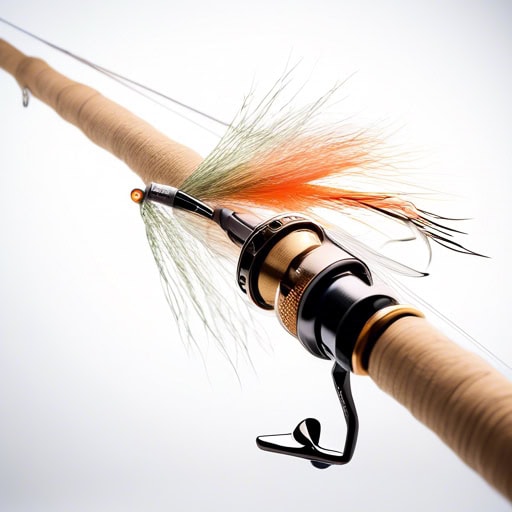
- I enjoy spending my weekends drift fishing on the river, it's a relaxing way to unwind after a long week.
- Drift fishing requires patience and skill to effectively present your fly to the fish.
- Many anglers prefer drift fishing when targeting trout in fast-moving streams.
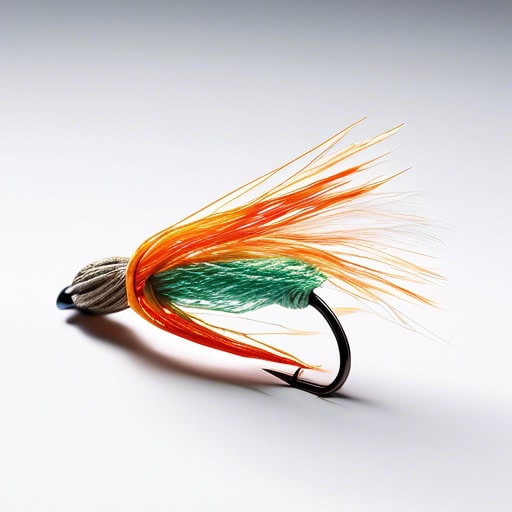
- He demonstrated how to tie a loop knot to ensure the fly stays securely attached.
- The loop knot allows for easy changing of flies while out on the water.
- Learning how to tie a loop knot correctly is essential for successful fly fishing.
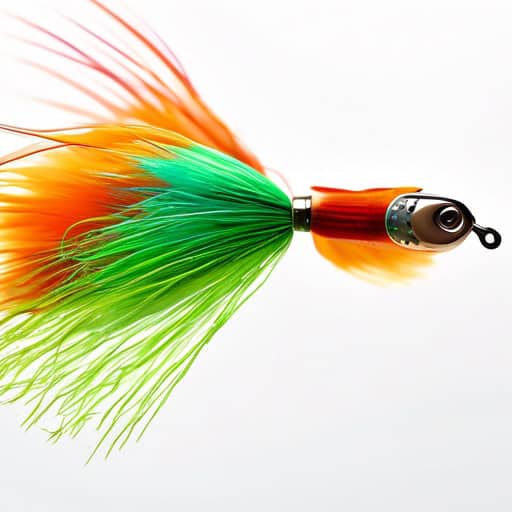
- The fisherman tied on a selection of colorful streamers to his line in hopes of catching a big trout.
- The streamers fluttered in the water, enticing the fish to strike.
- The streamers proved to be effective at attracting the attention of the hungry bass.
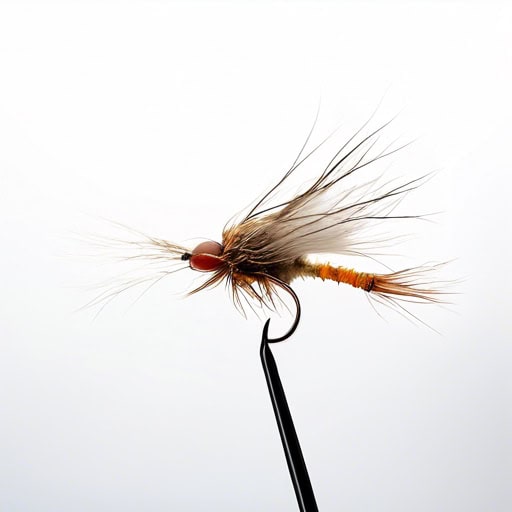
- I prefer using dry flies when fishing for trout in the summer months.
- Dry flies are designed to imitate the appearance of adult insects that trout feed on.
- Using dry flies requires skill in casting and presentation to fool wary fish.
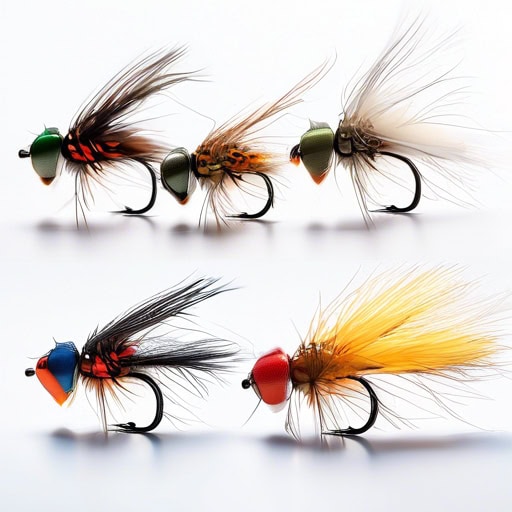
- I spent hours tying various artificial flies in preparation for my fly fishing trip.
- The rainbow trout seemed to prefer the smaller, more natural-looking artificial flies.
- Using brightly colored artificial flies helped attract the attention of the fish in the murky water.
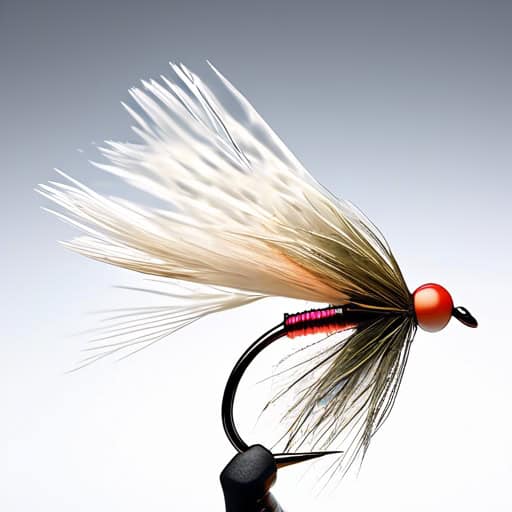
- I spent the weekend honing my skills in fly fishing on the river.
- The best part about fly fishing is the peacefulness and serenity of being out on the water.
- My favorite memory from childhood is learning how to fly fish with my dad.
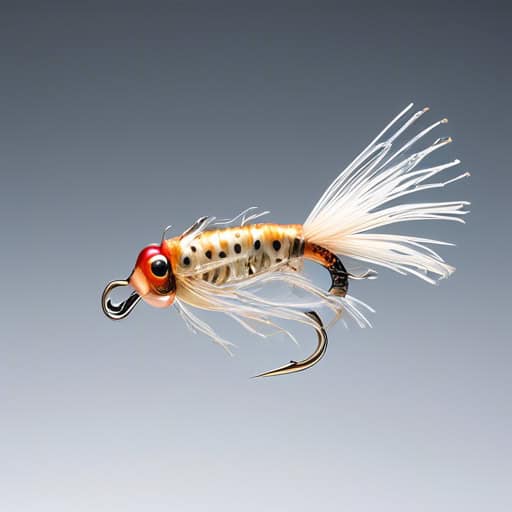
- The angler used nymphs to mimic the appearance of mayfly larvae in the river.
- The nymphs were tied with a weighted body to help them sink and drift naturally in the water.
- Using nymphs proved to be effective in enticing trout to bite during the hatch.
Ice fishing
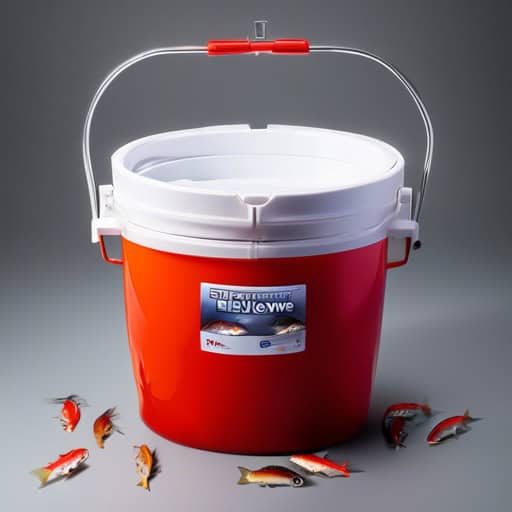
- I filled up the bait bucket with fresh shrimp and squid before heading out to the dock.
- The bait bucket was securely tied to the edge of the boat to keep it from tipping over.
- As the sun dipped below the horizon, I noticed the bait bucket was almost empty and it was time to head back to shore.
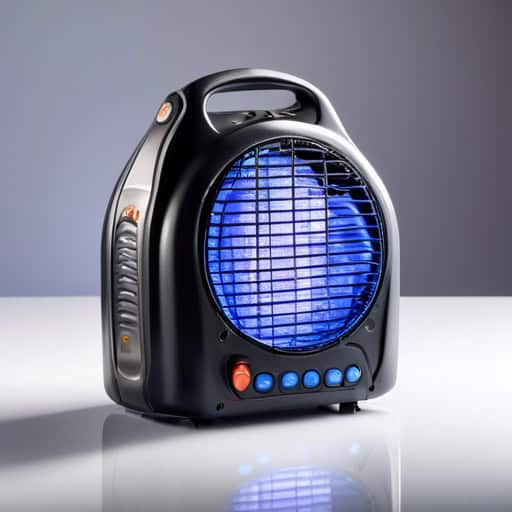
- The portable heater kept me warm during the camping trip.
- I need to buy a new portable heater for my office.
- The portable heater is small enough to carry around the house.
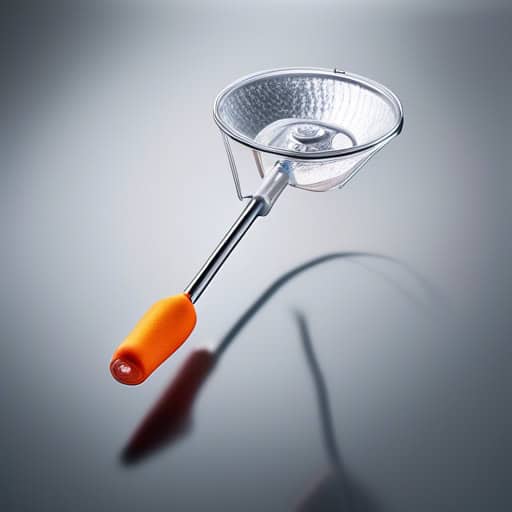
- The chef used a skimmer to remove the excess oil from the fried chicken.
- The pool maintenance worker skimmed the surface of the water with a skimmer to remove leaves and debris.
- The identity thief used a skimmer device to steal credit card information from unsuspecting victims.
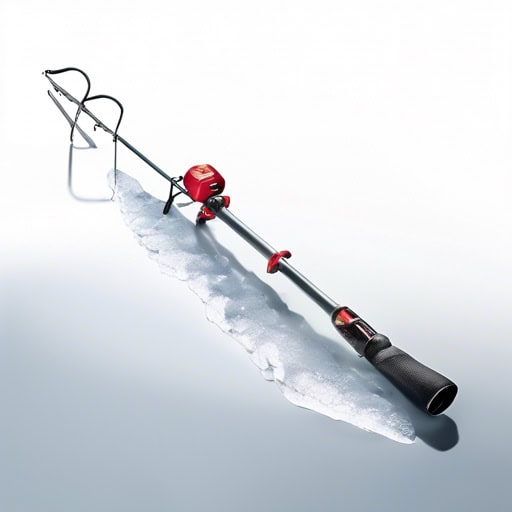
- The farmer used an auger to drill holes for the fence posts.
- The construction worker used an auger to dig holes for the foundation.
- The archaeologist used an auger to extract soil samples for analysis.
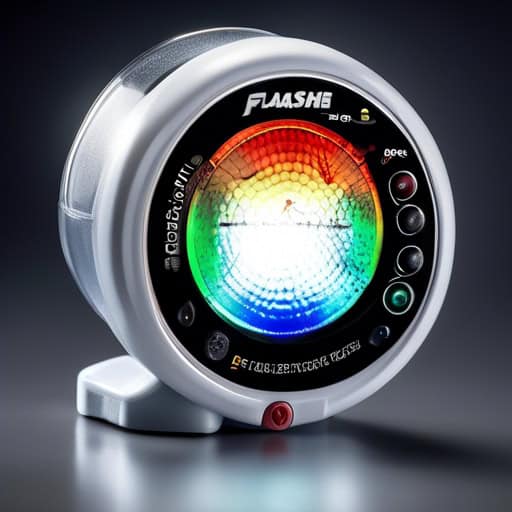
- The police arrested the man who was reported to be a serial flasher in the park.
- I saw a flasher go by in a trench coat while waiting for the bus.
- The flashing lights of the ambulance warned drivers to move aside.
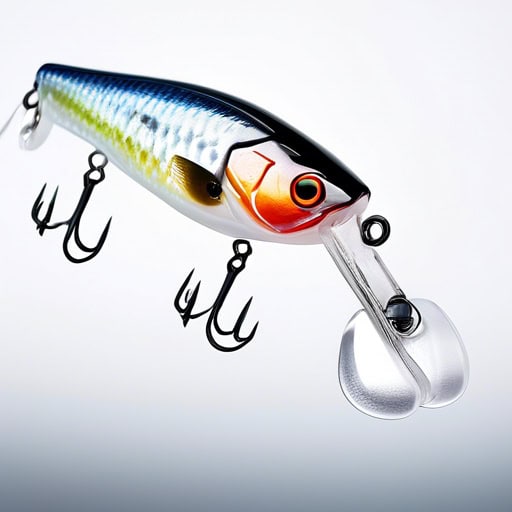
- She loved to spend her weekends out on the lake, jigging for fish.
- The dancers moved across the floor, jigging to the lively music.
- The fishermen had great success jigging for squid off the coast.
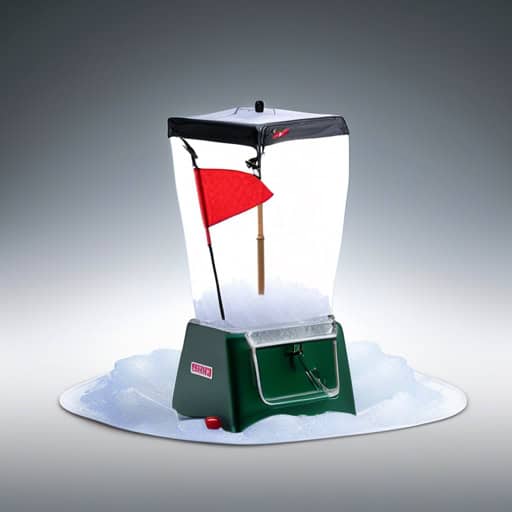
- He carefully set up the tip-up by drilling a hole in the ice and positioning the flag in the slot.
- The tip-up suddenly sprang to life as the fish took the bait, causing the flag to pop up in excitement.
- After a long day of ice fishing, he reeled in his final catch using the trusty tip-up.
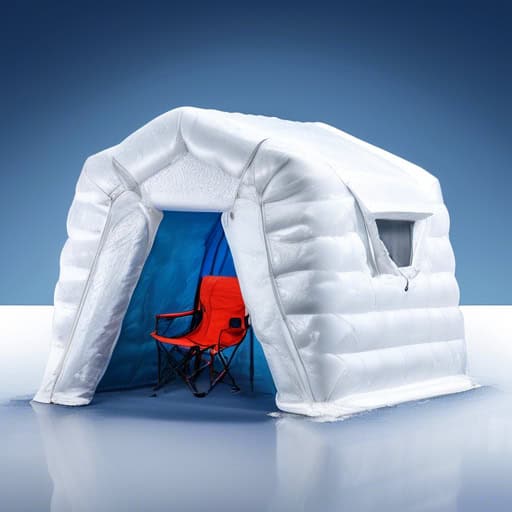
- We set up our ice shelter early in the morning before the sun rose.
- The group huddled together inside the cozy ice shelter, waiting for a bite on their lines.
- The wind howled outside, but inside the ice shelter, we were warm and protected from the elements.
Bass fishing
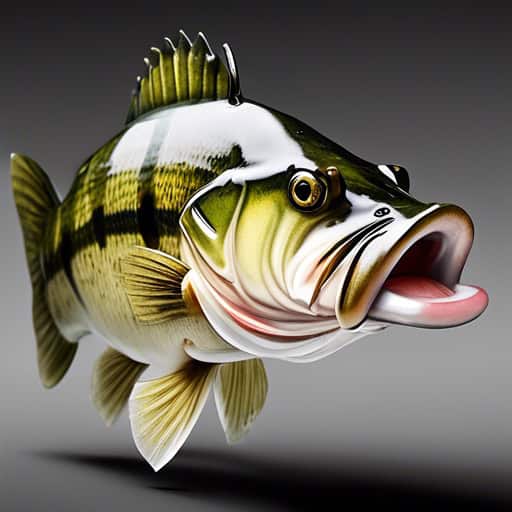
- The largemouth bass was caught in the early morning on a topwater lure.
- The largemouth bass population in the lake has been steadily increasing.
- I prefer to fish for largemouth in the thick vegetation along the shoreline.
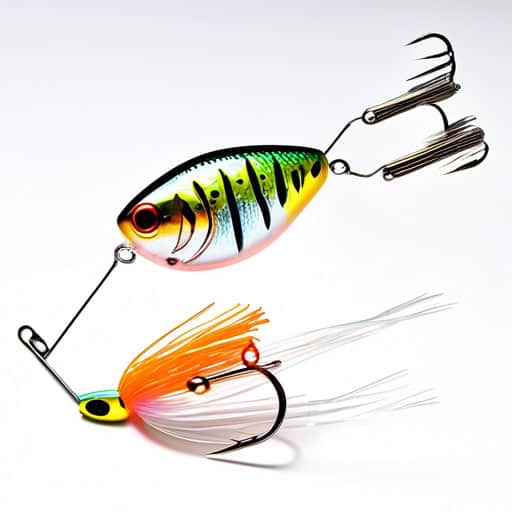
- He caught a huge bass using a spinnerbait in the murky waters of the lake.
- The angler had a collection of colorful spinnerbaits in his tackle box.
- She prefers to use a spinnerbait when fishing in areas with heavy vegetation.
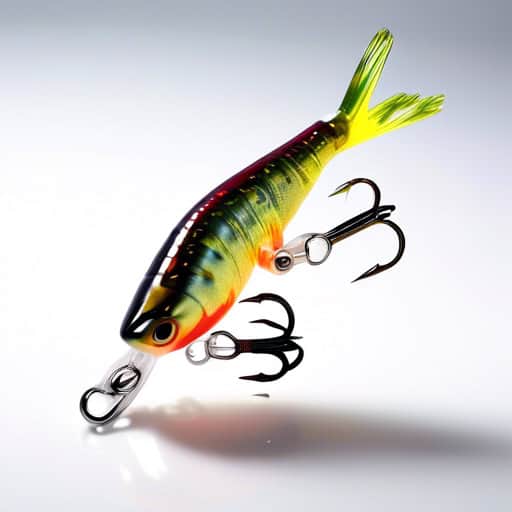
- The fishermen spent the afternoon jigging for trout in the river.
- She danced around the room, jigging to the lively music.
- The workers were jigging to the beat of their favorite song while they painted the walls.
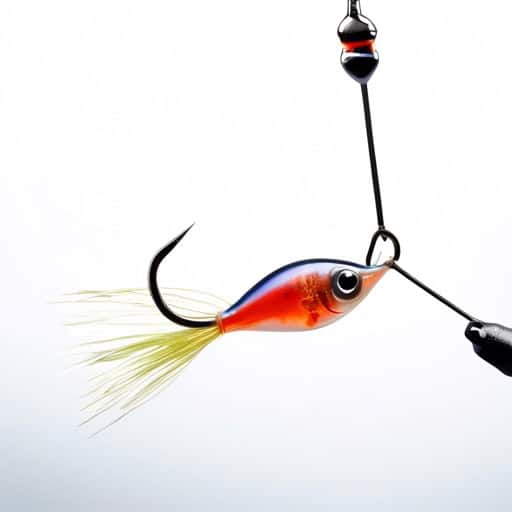
- The tennis player executed a perfect drop shot, catching his opponent off guard.
- She used a drop shot to win the point and secure the game.
- The drop shot technique requires precise timing and control.
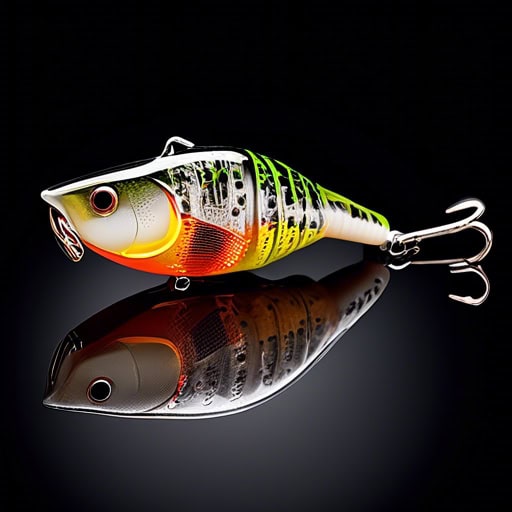
- The angler reeled in a massive bass that hit the topwater lure with a loud splash.
- Fishing in the early morning, the angler had the most success using topwater baits.
- The topwater action was incredible as the fish aggressively attacked the surface lures.
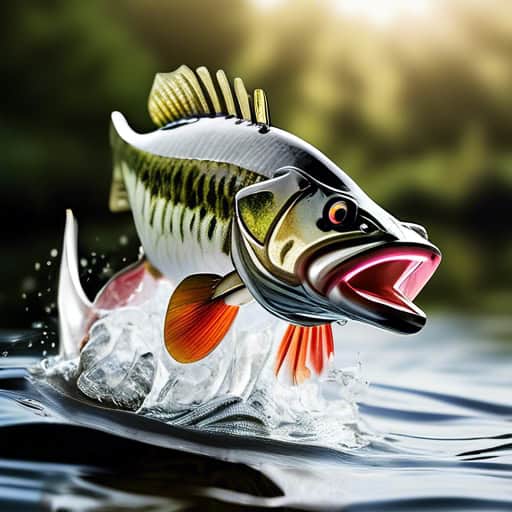
- I'm tired of flipping through this textbook to find the answer.
- Stop flipping the lights on and off, it's annoying.
- He made a profit by flipping houses in the real estate market.
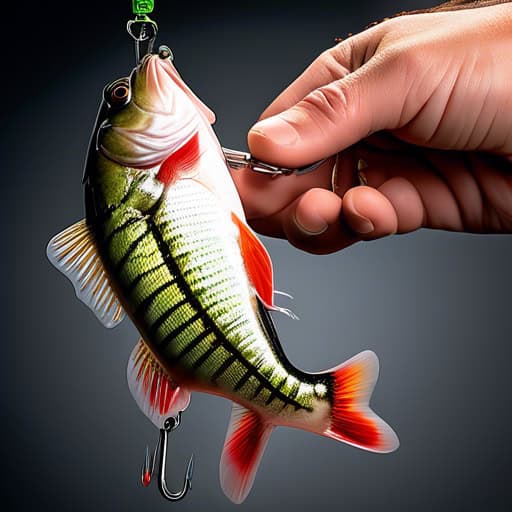
- The pitcher was on fire, striking out batter after batter with his exceptional pitching skills.
- She spent hours perfecting her pitching technique in order to impress the college scouts.
- The team's success was largely due to their strong pitching rotation, keeping their opponents on their toes.
Quick Facts
- Some fish species can swim at speeds of up to 68 miles per hour.
- The largest fish ever caught was a Great White Shark weighing in at 2,664 pounds.
- Fishing is considered one of the most popular outdoor recreational activities in the world.
- Fishing has been practiced for thousands of years, with evidence of ancient fishing hooks dating back to 7000 BC.
- There are over 38 million licensed anglers in the United States alone, contributing billions of dollars to the economy each year.
